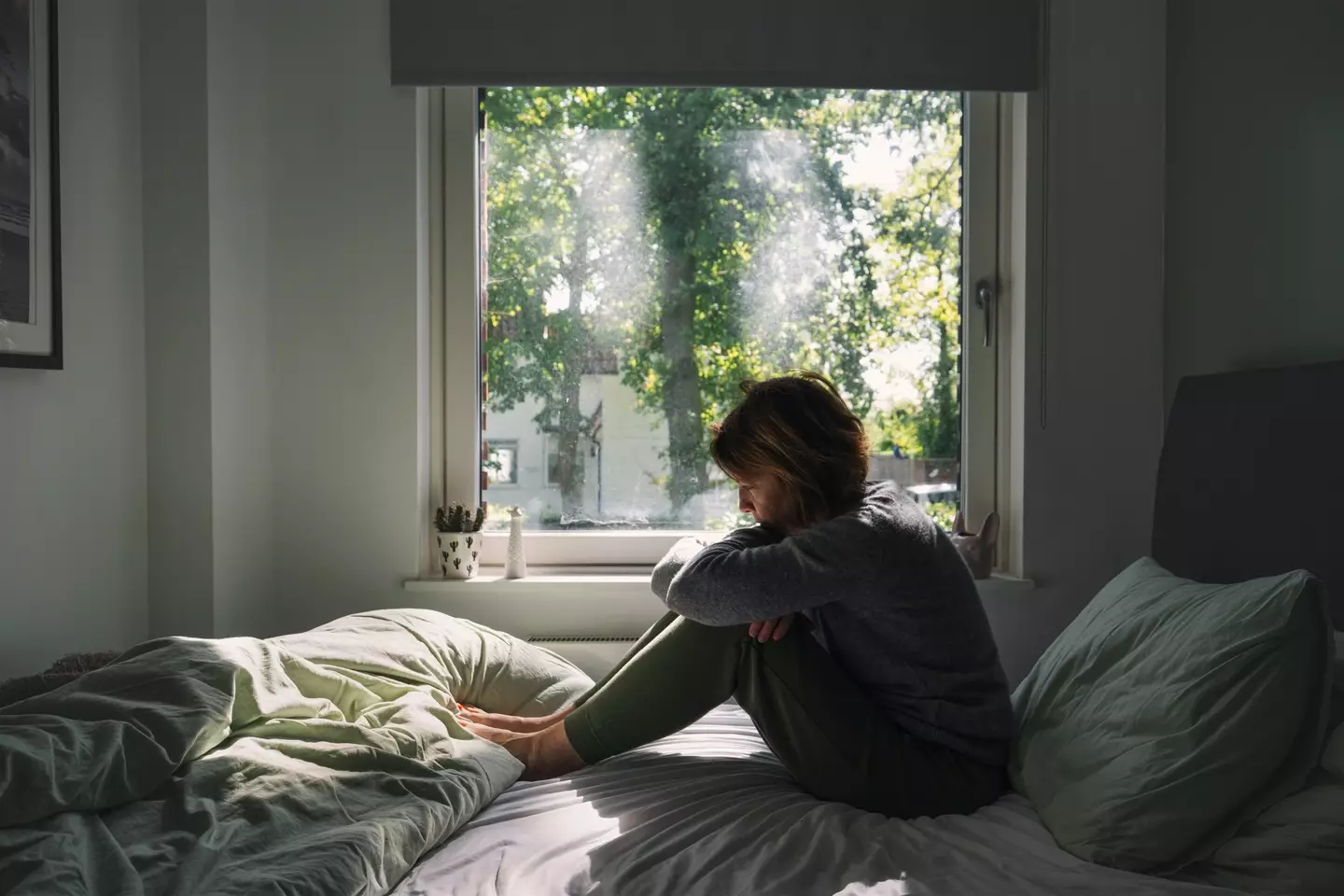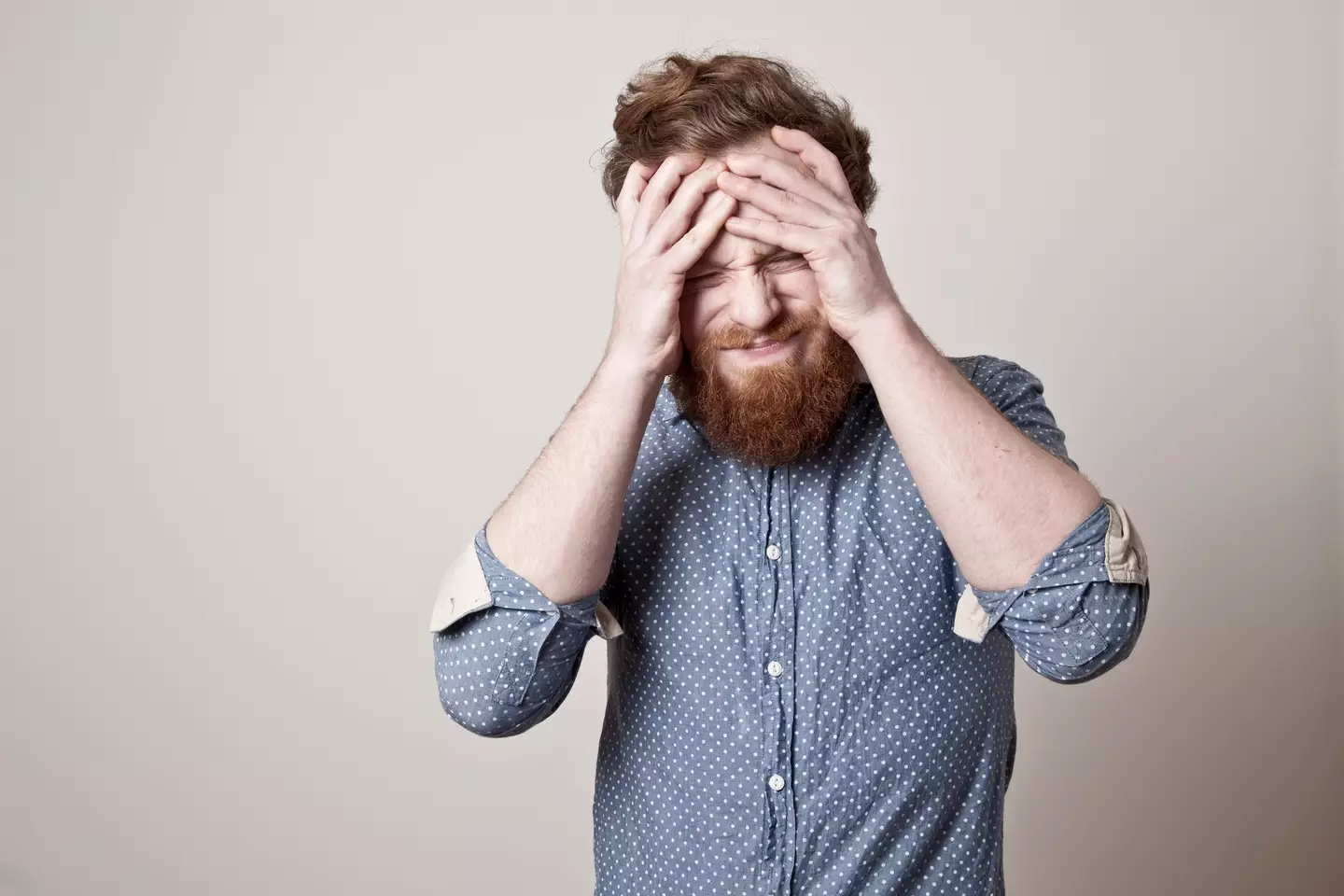
A psychologist has issued an urgent warning regarding 'minor daily stresses' which could ultimately have a devastating impact on your body.
Modern life can bring about so many unnecessary stresses to your day, some more stressful situations than others.
And while the bigger stresses, per se, are less frequent for the majority of folks, these so-called 'micro stresses' can also have also have grave effects.
UK-based psychologist Dr. Becky Spelman explained how minor stresses such as losing your keys and being in a rush can have a negative impact on your health.
Advert
"Repeated minor stressors can lead to the same physiological and emotional exhaustion as a single major stressor," the expert told the Daily Mail.
"When the small stresses pile up with no opportunity to decompress, they create an emotional static that affects concentration, patience, and even physical health."

A recent study conducted by TRIP found that the combined effect of micro-stresses with 'major problems' led to a decline in mental wellbeing.
Olivia Ferdi, the co-founder of TRIP, said: "It's clear from the research that the smaller, more frequent stresses of daily life can really build up and grind us down, sometimes having more of an impact than the larger life events.
"Life is stressful enough so it can be really hard to find ways, and time, to chill out and relax. Taking some time to have a breather, sitting down and grabbing a drink can give you the break that you need to keep those micro-stresses at bay."
So, what are some of the triggers that get people stressed?
Well, out of the 2,000 that were surveyed as part of the study, 32 percent said they got stressed when their house is a mess.
30 percent of those quizzed stated they get stressed by having a spillage on the carpet, while 27 percent admitted to getting frustrated by losing the TV remote.

While these are all pretty tame stresses, Dr. Spelman has admitted a buildup of many of these can be equivalent to one more significant event.
Dr Spelman added: "They interfere with our focus, elevate cortisol levels, and can even alter how we respond to bigger challenges.
"In a fast-paced society, giving yourself permission to slow down - even for a few moments - can be the most important form of self-care."
So, next time you get a little stressed by not being able to change channel, step back and try and relax - it will certainly be beneficial in the long run.
Topics: Mental Health, Psychology, Health
